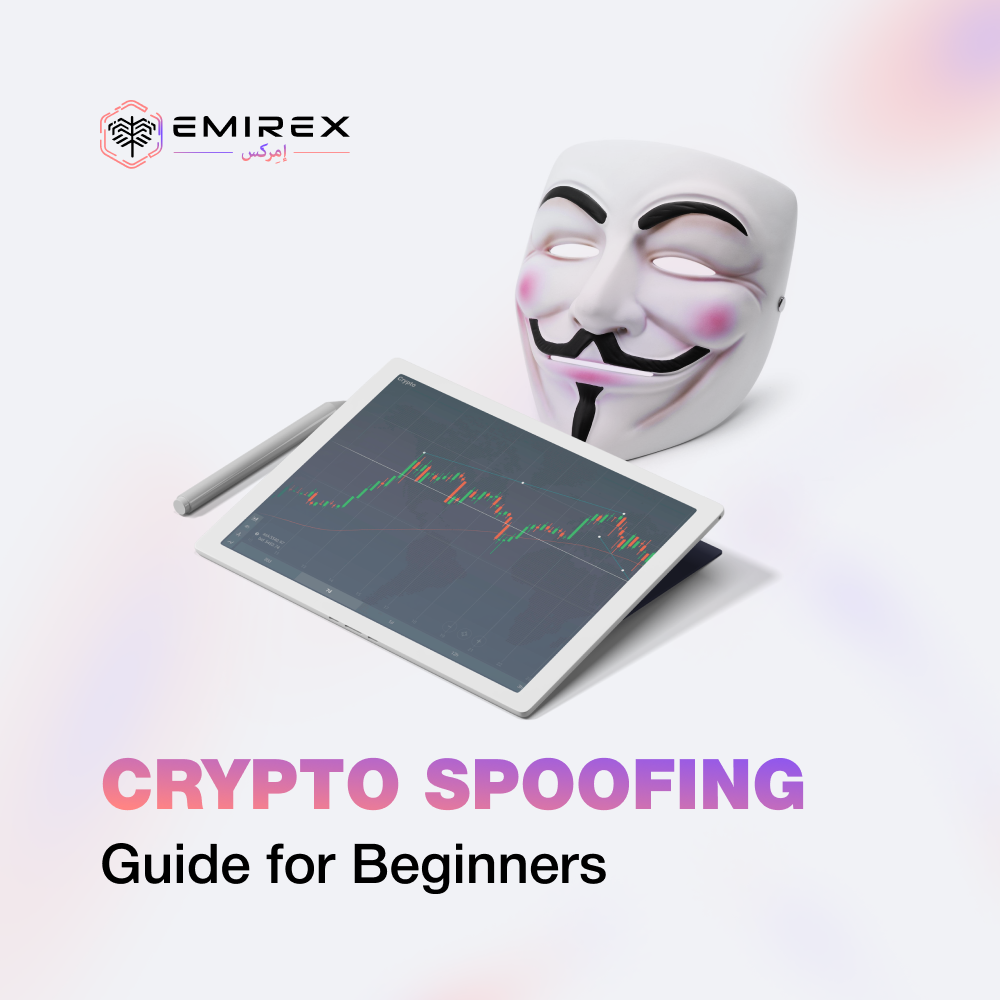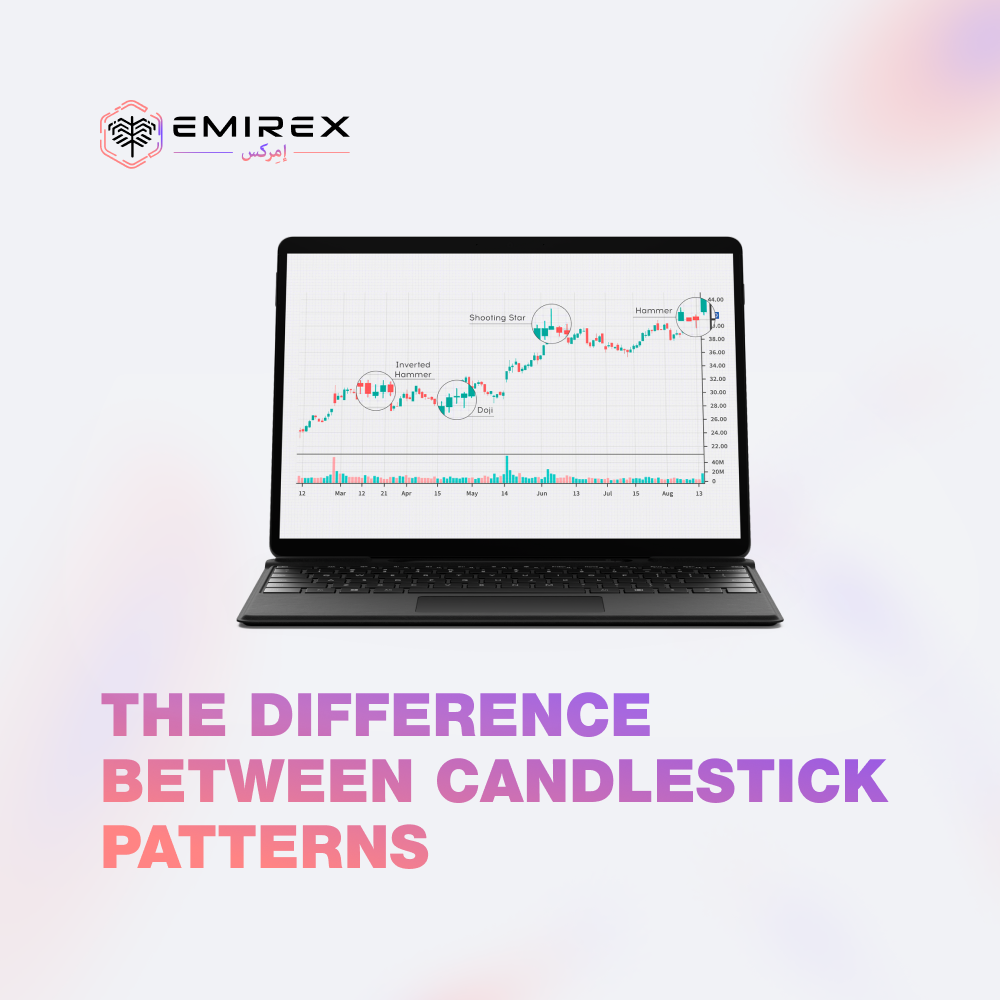Brief:
- The technique through which fraudsters attempt to artificially affect the price of a digital currency by placing bogus orders is known as cryptocurrency spoofing.
- Spoofing is achieved by generating the perception of market pessimism (or optimism); traders accomplish this by placing huge purchase or sell orders with no intention of ever completing them.
- When investors do this, they deceive other investors into buying or selling, and the price of the cryptocurrency may be changed appropriately.
The technique through which fraudsters attempt to artificially affect the price of a digital currency by placing bogus orders is known as cryptocurrency spoofing. Spoofing is achieved by generating the illusion of market pessimism (or optimism).
Traders do this by placing big purchase or sell orders with no intention of completing them. When investors do this, they deceive other investors into buying or selling, and the price of the cryptocurrency may be changed appropriately. Once the cryptocurrency's price changes in the desired direction, the trader cancels the orders.
How Cryptocurrency Spoofing Works
Extreme volatility is one of the defining characteristics of most digital currencies. Frequent and large price swings were a source of anxiety, especially in the early days of some main cryptocurrencies, but the tendency persists to this day.
One need only turn to the world's largest digital currency, Bitcoin (BTC), to see evidence of this; in late 2017, BTC reached a high of more than $18,000 per coin. It had dropped to less than half of that value just a few weeks later.
Price variations do not only occur on a longer time scale, such as this one, which lasted weeks and months. In reality, they occur from second to second as well. This feature has enabled certain criminal organizations to profit from flash collapses of popular digital currencies by purchasing the hottest tokens at cheap prices and then selling them after the prices have corrected.
The price of a digital token, like the price of any marketable security, is determined by a variety of variables, including the general market's and individual investors' sense of optimism or pessimism.
While this notion of a cryptocurrency's momentum and potential is impossible to measure, it is something that experienced investors are acutely aware of. Due to the obvious influence that a sense of optimism or pessimism may have on a group of investors' proclivity to purchase or sell that digital currency, these notions are essential to the price of that token, even if they are relatively elusive.
The fact that these feelings are elusive makes spoofing easy and effective. Traders who want to influence the market for a particular cryptocurrency might generate the appearance of optimism or pessimism by issuing fake purchase or sell orders.
When spoofing occurs, it is frequently followed by wash trading. Wash trading is similar to spoofing in that it attempts to artificially affect the price of a digital currency. However, the methods for carrying out wash trading and spoofing differ. Wash trading occurs when a cheater trades with themselves to create the illusion of market demand, enticing unwary investors into trading as well.
How to Avoid Cryptocurrency Spoofing
How can an investor prevent themselves from investing in a digital currency when spoofing is occurring? Many investors, in general, take a cautious attitude. It's important to avoid changes that appear too good to be true, and it's also a good idea to make sure that any exchanges you trade on are alert to the possibilities of all forms of fraud, including spoofing and wash trading.
Simultaneously, several exchanges are seeking to beef up their security and monitoring systems to combat spoofing and safeguard consumers.
Finally, even the most careful investors may become victims of digital currency price manipulation. As a result, it's essential to keep in mind that this is still a very hazardous field and that digital currencies aren't the be-all and end-all of any investment strategy.
Bloomberg reported in 2018 on an inquiry undertaken by the United States Department of Justice (DOJ) to examine if cryptocurrency price manipulation had occurred on the Bitcoin network as a result of spoofing. The Department of Justice collaborated with the Commodity Futures Trading Commission in the investigation.
The inquiry most likely focused on Bitcoin not just because it is still the most valuable digital currency by market capitalization, but also because its big price gains in late 2017 drew hordes of new, inexperienced investors into the cryptocurrency field.
These investors, eager to gain what they thought to be easy money from a digital currency that seemed to be on its way to skyrocketing heights, maybe the most vulnerable to spoofing.






